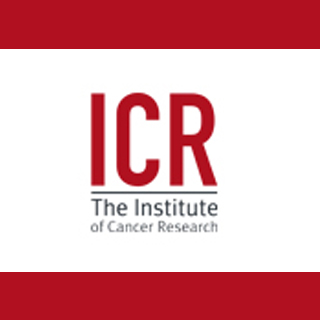
In the course of the study, investigators evaluated data from women participating in the Breakthrough Generations Study. A woman’s age of menarche was supposedly linked with that of her relatives. Authors observed that for every 12 month delay in age at menarche of an older sister, mother or paternal aunt, there was a delay of around three months on average for the younger relative. For a maternal grandmother or maternal aunt the delay in the younger relative appeared around 1.5 months. Also a remarkable association in age of menarche among twins, particularly identical twins was observed.
“Our study findings suggest that genetic factors have a major influence on the age women in the UK begin menstruating, and these could have an impact on breast cancer risk. Although some genes associated with age at menarche have been found, considerable genetic variation remains to be explained,†highlighted lead author Danielle Morris of the ICR.
Mathematical modeling was put to use for figuring out whether genetic factors were attributable for over 57 percent of the variation in the age of menarche among the study subjects. Investigators noted that environmental and behavioral factors from sharing an upbringing or family life did not interfere with the age of menarche. However, environmental factors not shared within families purportedly accounted for the other 43 percent in variation. The age at which menstruation begins may be important as it indicates the risk of developing several illnesses including breast cancer. The chances of being diagnosed with breast cancer among women who attain their periods at a younger and older age may increase when they reach menopause.
The study will be published in the May edition of Paediatric and Perinatal Epidemiology.
